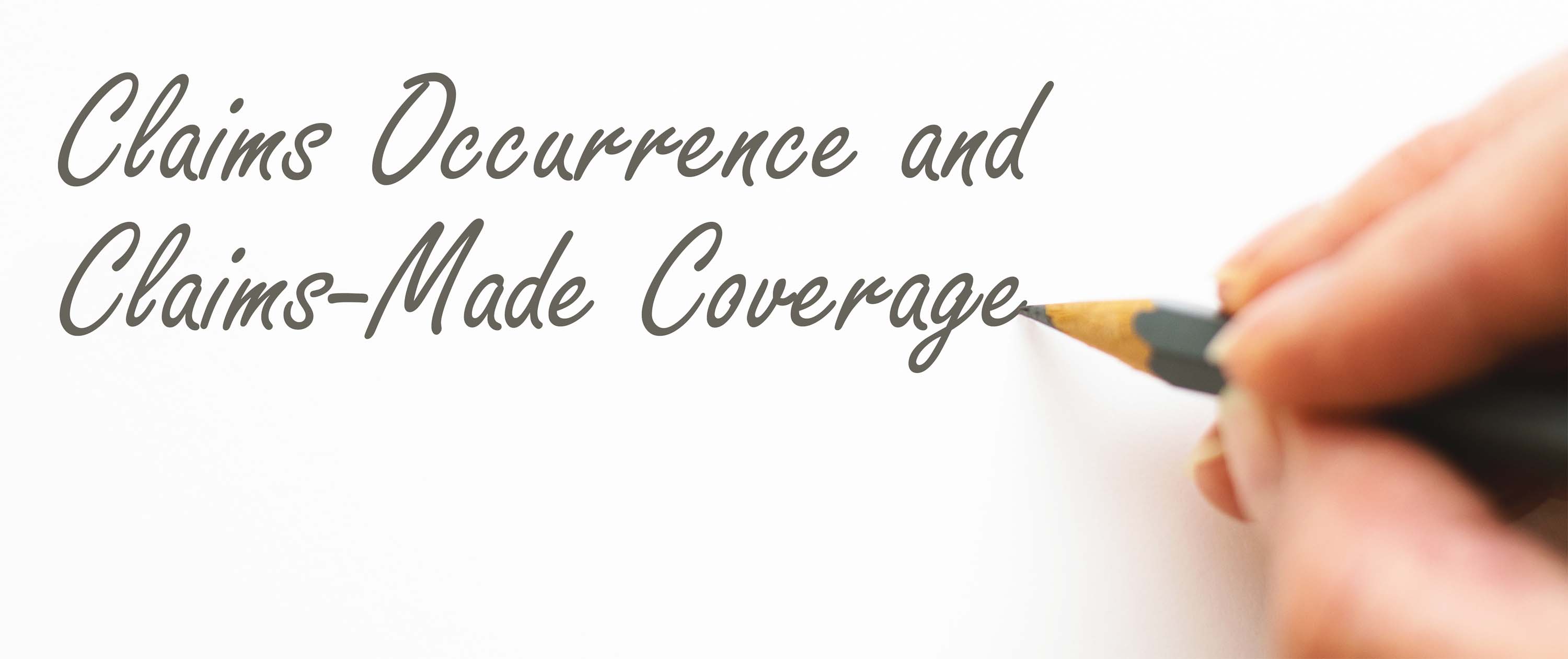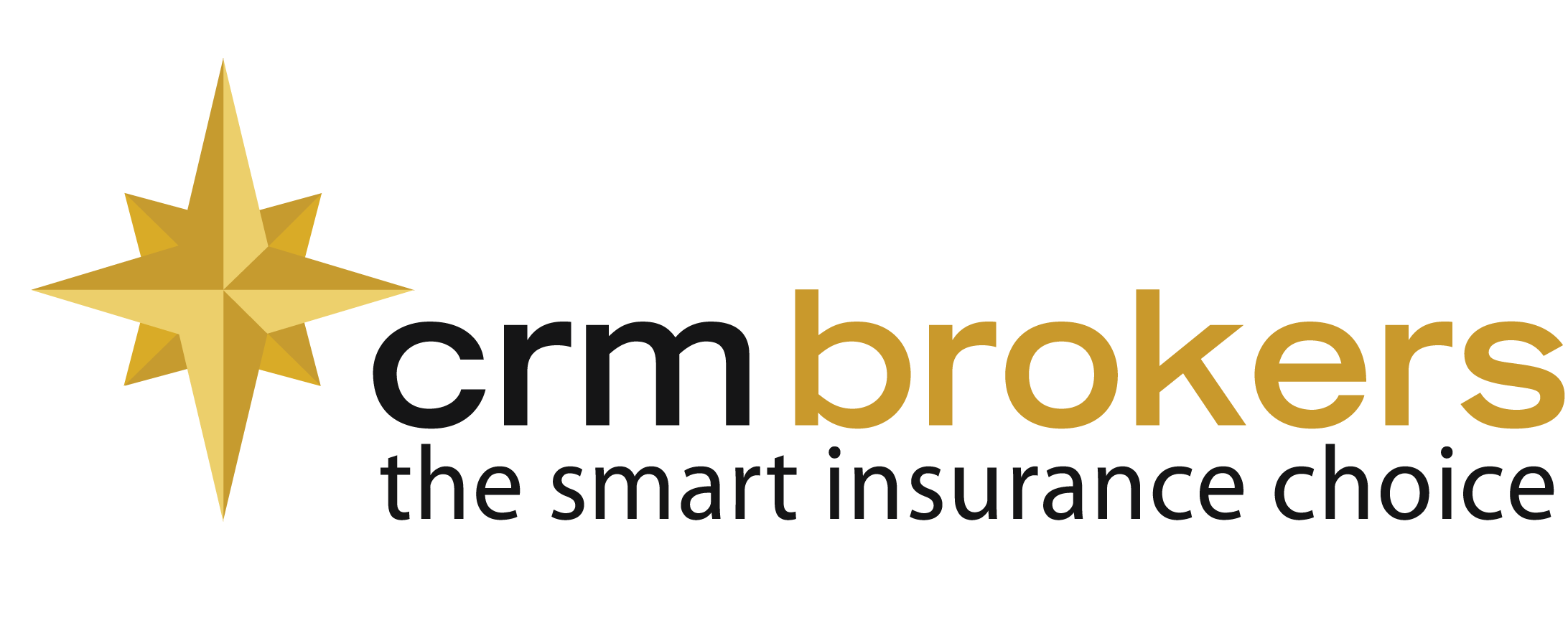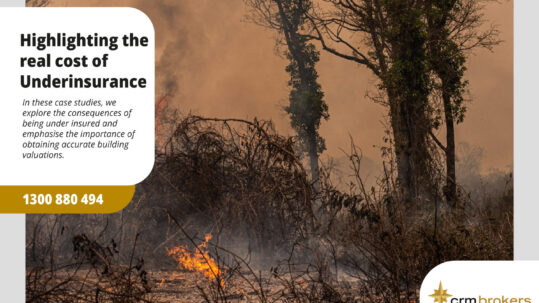
24 Jul Claims and your Strata Insurance Policy
Understanding how the various sections of a Strata Insurance policy respond to a claim is paramount, as it could affect your chances of making a successful claim.
In general, a Strata Insurance policy consists of the following sections:-
- Building
- Liability
- Fidelity Guarantee
- Office Bearers Liability
- Voluntary Workers
- Government Audit Costs
- Legal Expenses
- Workplace, Health & Safety Breaches
- Machinery Breakdown
- Lot Owners Fixtures & Improvements
Each section of the policy is independent and responds differently when there is a claim, and each has its own trigger. In general, there are two types of policies in this matter; Claims-Occurrence Coverage and Claims-Made Coverage
There are several important differences between Claims-Occurrence and Claims-Made coverages. Keys among them are:
- Incident vs. Claim
- Policy Trigger for Claims
- How the Policy Limits work
- Sections applicable under the Policy’s coverage
Incident vs. Claim
Distinguishing between the terms ‘incident’ and ‘claim’ is important. An ‘incident’ refers to the event (where injury/property damage or other claimable event has occurred) whereas a ‘claim’ means a notification/report made to the Insurer (direct or via the Broker) of the actual incident.
Claims Occurrence Coverage
Policy Trigger
The Claims-Occurrence based policy provides coverage against an incident that occurs during the policy period. The policy will respond to a claim even after the policy had expired or cancelled, as long as the incident happened during the policy period when the policy was in force.
Policy Limits
The Claims-Occurrence based policy limits are not aggregate limits, meaning the limits get reinstated for each claim. That means the maximum the insurer will pay for each claim made during the policy period will be the amount stated in the policy schedule. Sections covered under the Claims-Occurrence coverage are:-
- Building
- Liability
- Voluntary Workers
- Fidelity Guarantee
- Machinery Breakdown
- Lot Owners Fixtures & Improvements
Claims-Made Coverage
Policy Trigger
The Claims-Made policy only responds to claims made during the policy period when the policy is in force and current. The policy needs to be active and current to make a claim.
An incident is not deemed to be a claim if it was not reported within the policy period. Once the policy has ceased, the coverage ends. So even if an incident happened during the time policy was active, but the claim was made against the policy after coverage ceased, the claim will not be entertained. This differs significantly to Claims-Occurrence coverage.
Due to the nature of Claims-Made policies, it is most important to report or notify the Insurer of any circumstances or occurrences that you may be aware of or knew (or ought reasonably to have realised) which may lead to a claim, during the current policy period.
Policy Limits
The aggregate limits on a Claims-Made policy do not revert (or refresh) until the next renewal. Limits in place remain throughout the policy period while the policy is still in force. Therefore, once the cover limit is exhausted, no further claims may be considered by the Insurer. Some insurers may offer a one-time reinstatement to a certain cover limit at an additional charge.
Emphasis therefore must be placed on ensuring the correct sum insured is purchased.
Furthermore, before arranging insurance with another insurer if your policy is about to expire, you must notify your current Insurer in writing of any possible claim before the policy expires. Failure to do so may result in the policy being voided subject to Section 40(3) of the Insurance Contracts Act 1984.
Please note this section does not provide cover against:
- Events which occurred prior to the period of insurance or such earlier retroactive date as may be stipulated in the policy schedule;
- Claims arising from or attributable to any facts, circumstances or occurrences noted on the proposal for the current period of insurance or on any previous proposal or of which notice had been given under any previous policy;
- Claims arising from or attributable to any facts, circumstances or occurrences of which you were aware and knew (or ought reasonably to have realised) prior to the commencement of the period of insurance may give rise to a claim.
Sections covered under Claims-Made coverage are:
- Office Bearers
- Government Audit Costs
- Legal Expenses
- Workplace, Health & Safety Breaches
Please note – each type of claim is ultimately dealt with by the Insurer on its merits.
For more information on Claims Occurrence and Claims-Made coverage, please feel free to contact your CRM Broker on 1300 880 494.
Stay Informed – Connect with us on LinkedIn
Important Notice
This article provides information rather than financial product or other advice. The content of this article, including any information contained in it, has been prepared without taking into account your objectives, financial situation or needs. You should consider the appropriateness of the information, taking these matters into account, before you act on any information. In particular, you should review the product disclosure statement for any product that the information relates to it before acquiring the product.
Information is current as at the date the article is written as specified within it but is subject to change. CRM Brokers make no representation as to the accuracy or completeness of the information. Various third parties have contributed to the production of this content. All information is subject to copyright and may not be reproduced without the prior written consent of CRM Brokers.
Strata Insurance Insights: The Real Cost of Underinsurance
Simply put, underinsurance occurs when the sums insured are not sufficient to co...
11 April, 2024Strata Insurance Insights: Building Valuations
While securing appropriate insurance coverage is fundamental for strata property...
14 March, 2024The Alarming Rise of Business Email Compromise and the Vital Role of Cyber Insurance
In today’s rapidly evolving cyber threat landscape, cybercriminals are con...
27 February, 2024Navigating High-Risk Tenancies and Property Insurance
When it comes to insuring properties with commercial tenants, regardless of whet...
13 February, 2024





